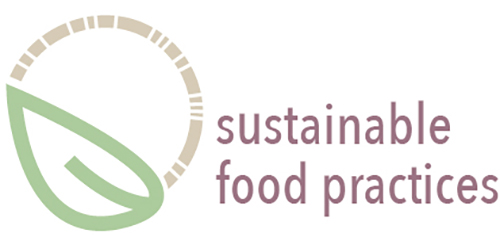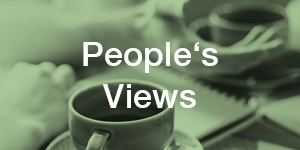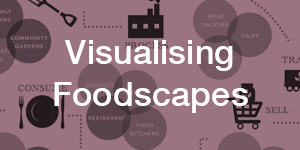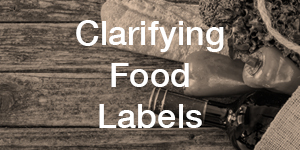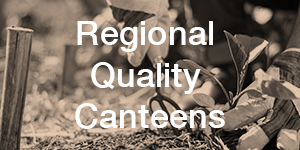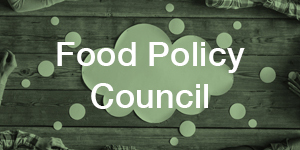
Nexus Futures
The challenge
Sustainability challenges of our interdependent Water-, Food-, Land-, and Social systems, are starting to limit economic growth across sectors, and impact human health and well-being, as well as eco system health in a growing number of world areas. Small, fast-growing and densely populated countries such as Luxembourg are in the front line of meeting these challenges.
Methodology
We are drawing on and further developing interview methods, documentary analysis, and diverse approaches to participatory workshops, including systems and scenario approaches.
The potential impacts of this research in practice include improving documentation on and learning from diverse experiments for the regeneration of water and soil, as well as improving connections and possibilities for concerted action of disparate actors with shared sustainability goals.
Research aims and deliverables
The research aims are to contribute to the transformation how we engage with and regenerate renewable natural resources, such as water and fertile soil in practice, and also to contribute towards greater coherence across policies in relation to water, food, land use and agriculture.
Specifically, the project aims to foster connections of actors in Luxembourg across three dimensions:
- Governance levels (e.g. municipalities, river partnerships, national administrations and the ministries);
- Thematic areas for policy-making, regulation, and advisory structures including in the areas of water, agriculture, and spatial planning; and
- Sectors of society including in firms and organised civil society in the private and ministries, administrations and advisory structures in the public realm.
Improved connections and networked relations often can foster the emergence of new and more socially robust initiatives, projects, technologies and structures for sustainability transitions. We are developing a set of indicators to assess outcomes and impacts, including learning outcomes, of such transformative research projects over time.
Scientific deliverables include improved definitions of concepts and methods, scientific publications and presentations, teaching tools, and measurable indicators and evaluation approaches for systemic future-oriented learning at a range of levels of social organisation; from individual to groups, to municipalities and in river basins, as well as nationally. We plan to develop a national living laboratory that will help to relate diverse participatory work that takes place across the country, to systematize and to learn from their cross-analysis.
The involvement of the Sustainable Food Practices team
- Dr. Rachel Reckinger is a member of the reference stakeholder group of the Nexus Futures project (Sustainable Governance of Water and Land-Use).
- The team of Sustainable Food Practices is involved with the qualification of the Nexus Future Scenarios regarding Luxembourg’s food system.

